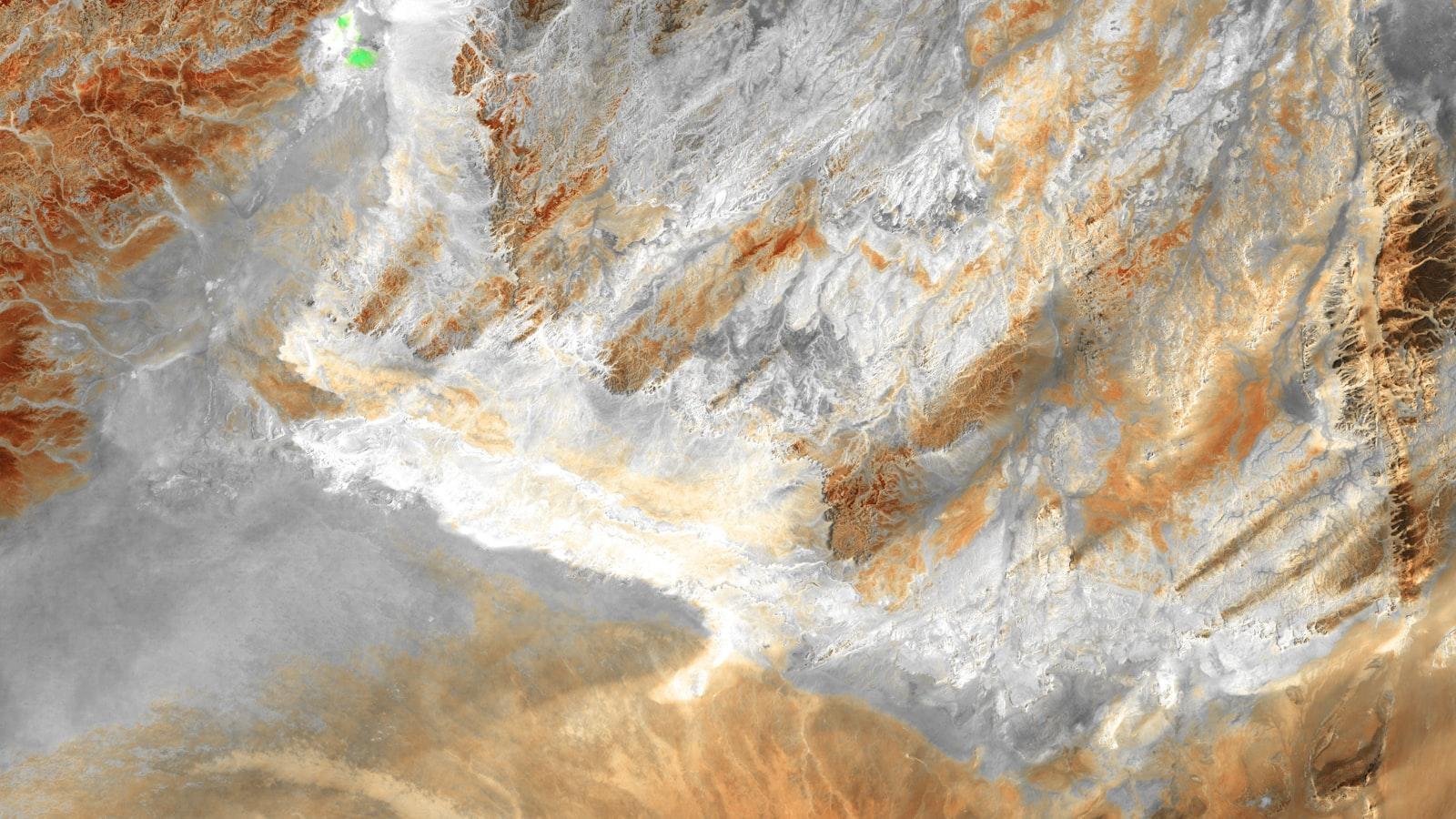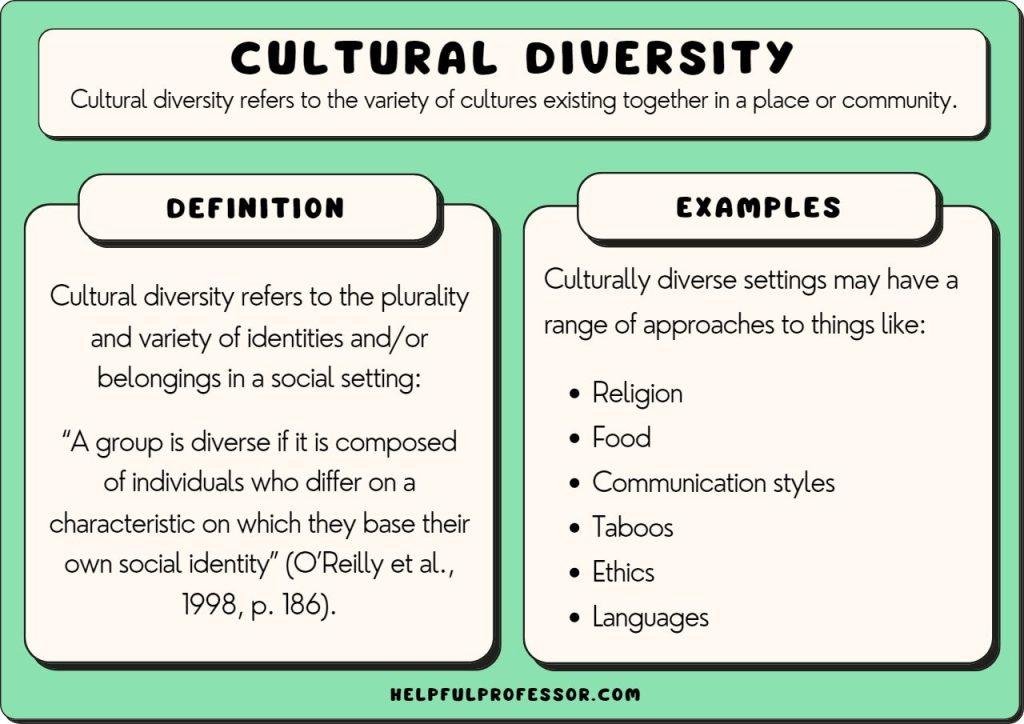Located in the western part of Africa, Guinea is a country with a rich history and diverse culture. With a population of over 12 million people, Guinea is known for its unique blend of ethnic groups, languages, and traditions. From its stunning landscapes to its vibrant cities, Guinea has much to offer visitors and residents alike. In this article, we will explore the unique characteristics of Guinea and what makes it a fascinating destination to learn about and experience.
Geography and Climate of Guinea
The geography of Guinea is characterized by its diverse landscape, with coastal plains along the Atlantic Ocean, mountain ranges in the interior, and savannah in the north. The country is bordered by Guinea-Bissau, Senegal, Mali, Ivory Coast, Liberia, and Sierra Leone, making it a strategic location in West Africa.
Guinea experiences a tropical climate with a wet season from May to November and a dry season from December to April. The coastal regions receive more precipitation than the interior, with average temperatures ranging from 75°F to 90°F throughout the year. The rainy season brings heavy downpours and can lead to flooding in low-lying areas. Overall, Guinea’s geography and climate play a significant role in the country’s agriculture, economy, and cultural practices.

Cultural Diversity in Guinea
Guinea is a country in West Africa that is known for its rich cultural diversity. The country is home to over 24 different ethnic groups, each with its own unique traditions, languages, and customs. This diversity is reflected in various aspects of Guinean life, including music, art, and cuisine.
Some of the major ethnic groups in Guinea include the Fula, Malinke, and Susu. Each group has its own distinct language and cultural practices, contributing to the vibrant mosaic of Guinean society. Additionally, Guinea is known for its traditional music, with genres such as Mandingo and Sosso music being popular throughout the country. The cuisine of Guinea is also diverse, with dishes like jollof rice, peanut soup, and grilled fish being staples in many Guinean households.
Economic Opportunities in Guinea
Guinea offers a range of economic opportunities for investors looking to capitalize on its growing industries. One of the key sectors driving the country’s economy is mining, with Guinea being a major producer of bauxite, iron ore, and gold. The mining industry presents lucrative investment opportunities for both local and foreign businesses looking to tap into the country’s rich mineral resources.
Additionally, Guinea’s agricultural sector is another area with great potential for economic growth. The country’s fertile soil and favorable climate make it ideal for cultivating cash crops such as rice, bananas, and pineapples. Investing in agriculture in Guinea opens up opportunities for food processing, exportation, and job creation, contributing to the overall development of the country’s economy.
Challenges Facing Guinea’s Development
Guinea faces several challenges on its path to development. One significant obstacle is the lack of infrastructure, including basic necessities such as access to clean water, healthcare facilities, and adequate transportation networks. This lack of infrastructure hinders economic growth and limits opportunities for the population.
Another challenge Guinea faces is political instability, with frequent changes in leadership and instances of corruption. This instability leads to uncertainty for investors and can hinder foreign investment in the country. Additionally, Guinea also struggles with high levels of poverty, unemployment, and illiteracy, all of which contribute to the slow pace of development in the country.
Recommendations for Improving Infrastructure in Guinea
One of the key areas that Guinea can focus on to improve its infrastructure is investing in transportation networks. This includes upgrading roads, bridges, and airports to improve connectivity within the country and with neighboring countries. By investing in transportation infrastructure, Guinea can boost economic growth, attract more investment, and create job opportunities for its citizens.
Another recommendation for improving infrastructure in Guinea is to invest in energy production and distribution. This includes developing renewable energy sources such as solar and hydroelectric power, as well as improving the distribution network to ensure reliable access to electricity for all citizens. By investing in energy infrastructure, Guinea can improve living standards, support industrial growth, and reduce its dependence on imported power.
Concluding Remarks
In conclusion, Guinea is a diverse and culturally rich country located in West Africa. From its bustling markets to its vibrant music and dance traditions, Guinea offers a unique and enriching experience for visitors. With a rich history and a wealth of natural resources, Guinea has the potential for growth and development. As you plan your next adventure, consider exploring the beauty and charm that Guinea has to offer. Whether you are interested in history, culture, or simply relaxing on the beautiful beaches, Guinea is sure to leave a lasting impression. Thank you for taking the time to learn more about this fascinating country.